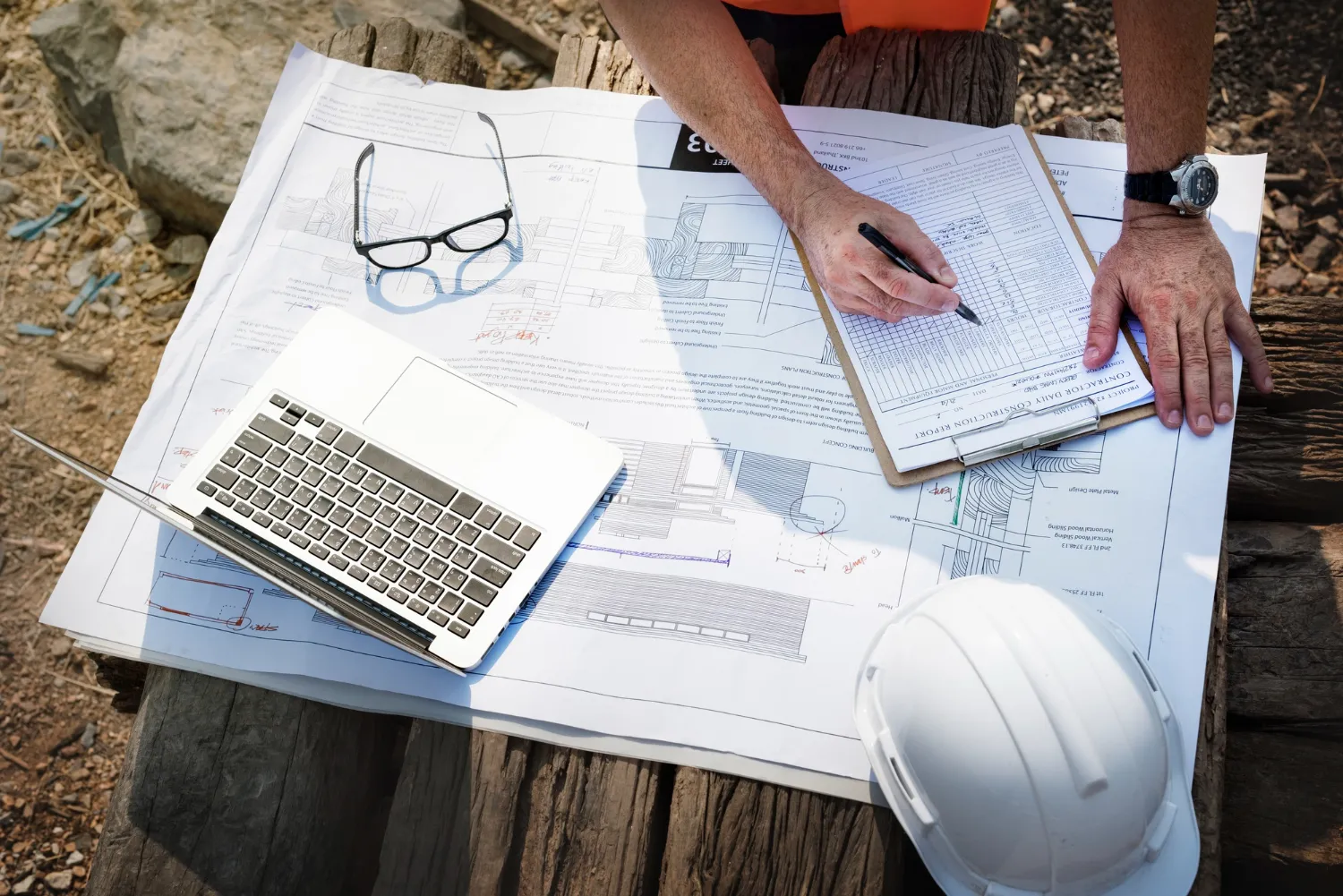Pre-Construction


Drone technology is revolutionizing the construction industry, and a contractor company that provides drone services can give its clients an edge in project management. Drone & Management services can include aerial inspections, site mapping, and progress tracking. By utilizing drones, contractors can collect data that was previously impossible or extremely difficult to obtain, leading to increased efficiency, reduced costs, and improved safety. As Rob Muir, CEO of DroneLogbook, says, "Drones are enabling companies to do more with less. They're reducing costs and improving efficiency across the board."
In agriculture, drones are being used to monitor crop health, optimize irrigation, and track planting patterns. By doing so, farmers can increase their crop yields, generate more revenue, and reduce water usage. Drone technology is also being used to survey farmland and create 3D maps, enabling farmers to have more accurate data on the size of their farms and the location of their crops, which in turn helps them make better-informed decisions.
The construction industry is another sector that has benefited significantly from drone technology. Drones are being used to monitor construction sites, provide real-time data on progress, and conduct safety inspections. This has resulted in reduced operational costs, increased productivity, and improved safety measures. Drones are also being used to inspect buildings, bridges, and other infrastructure, reducing the need for workers to climb to dangerous heights or work in confined spaces, thereby enhancing safety measures.
Delivery is another area where drones are making an impact. They are being used to deliver packages in areas that are difficult to reach by traditional methods. This includes remote areas, disaster zones, and even urban areas where traffic congestion is a problem. This has enabled companies to deliver goods and services more efficiently and cost-effectively, leading to increased customer satisfaction.
Security is another area where drones are making significant contributions. They are being used to patrol borders, monitor crowds, and even track wildlife in conservation areas. By doing so, they are improving safety measures, reducing the risk of human error, and providing real-time data to authorities.
In conclusion, drones are revolutionizing the way businesses operate, and companies that are not adapting to this technology risk being left behind. Drones are here to stay, and their impact on management processes will only continue to grow. As the CEO of DJI, Frank Wang, said,
"Drones are not a thing of the future anymore. They're here now, and they're changing the world."
Therefore, it is crucial for businesses to integrate drones into their operations to remain competitive and enhance their overall productivity and safety measures.
One thing is clear: drones are changing the way businesses operate, and those that don't adapt risk falling behind. As the CEO of DJI, Frank Wang, said, "Drones are not a thing of the future anymore. They're here now, and they're changing the world."
Drones have revolutionized the way businesses operate, and their impact on management cannot be overstated. From agriculture to construction, drones are being used to improve efficiency, reduce costs, and increase safety. Here are some examples of how drones are changing management:
